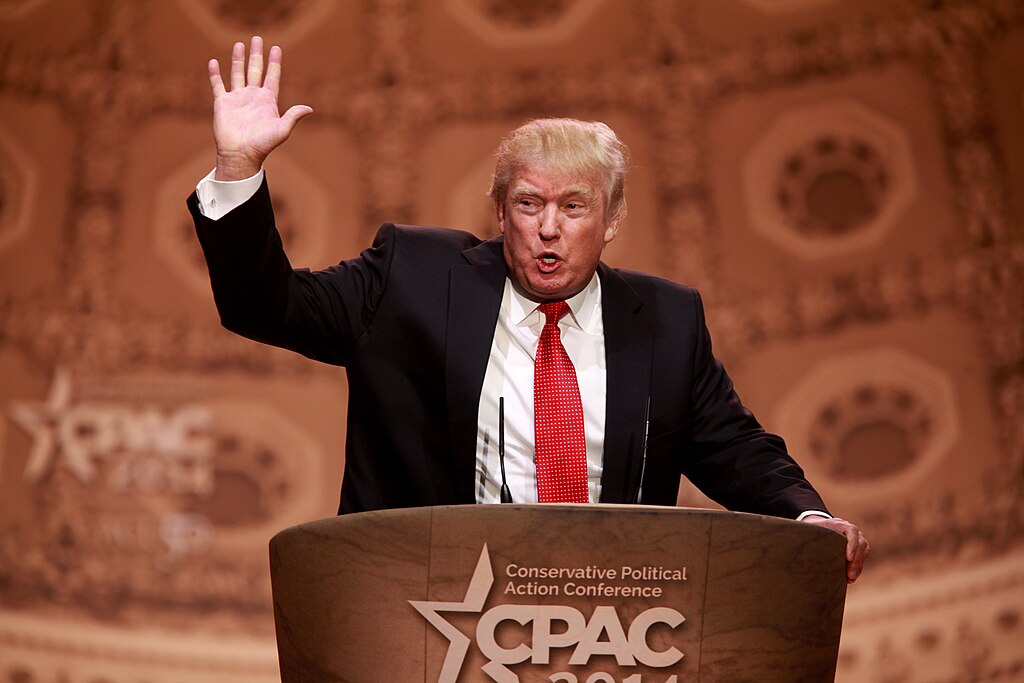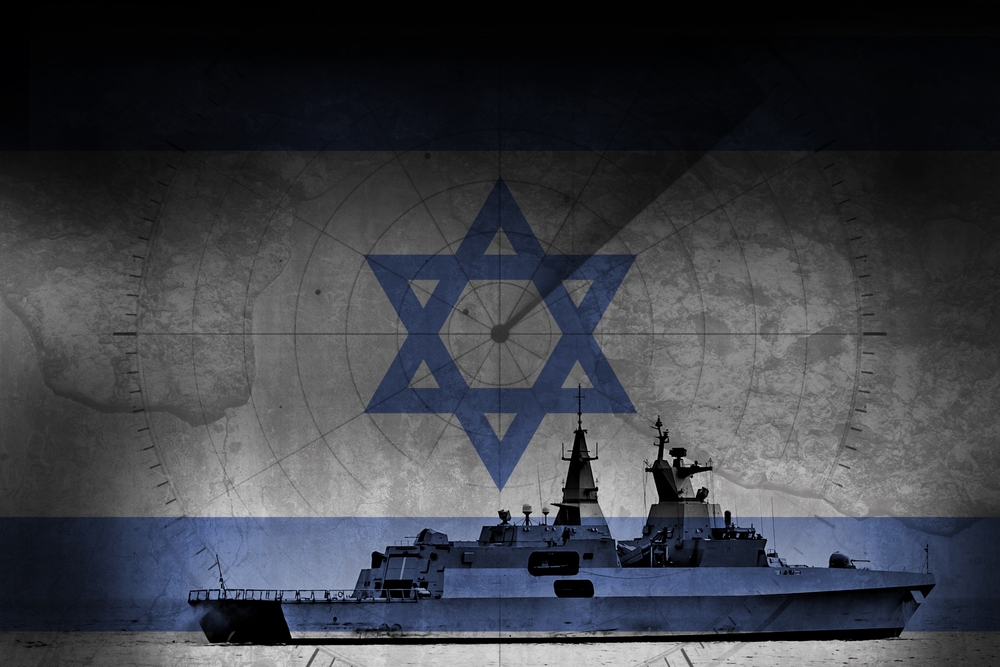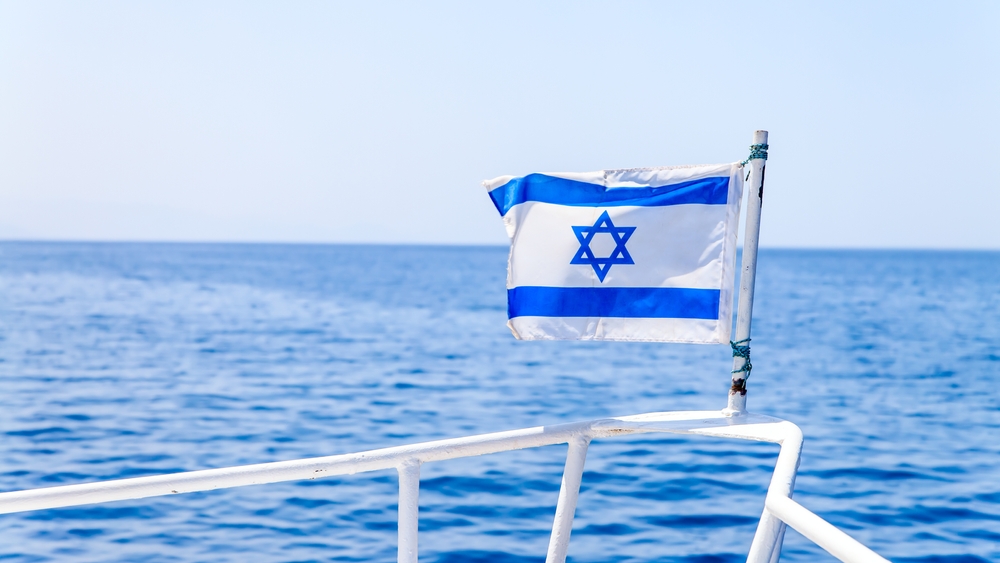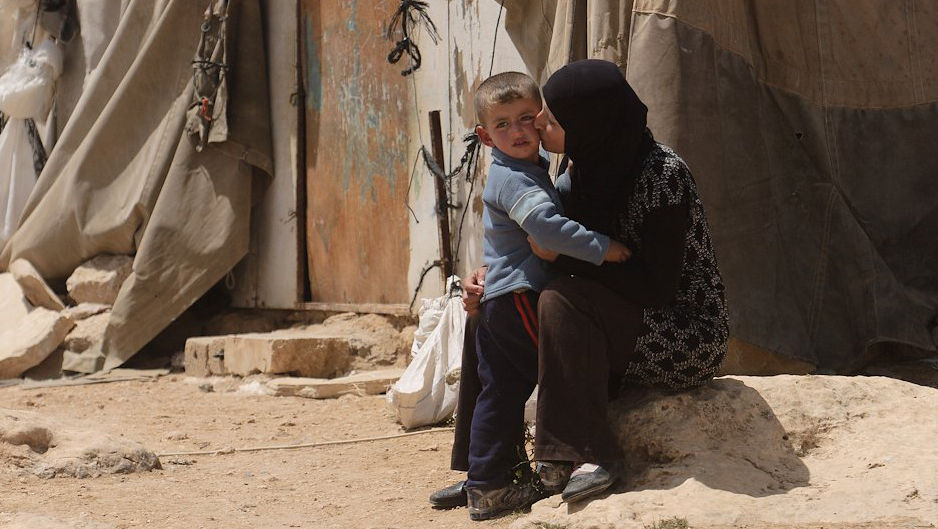Your cart is currently empty!
Give President Trump Nobel Peace Prize, Israeli Hostage Families Urge

Norwegian Nobel Committee members received an urgent letter on Monday. Timing was everything. Friday marks this year’s Peace Prize announcement, leaving just days for the committee to consider an unexpected nominee.
Families of hostages held in Gaza penned the appeal. Two years of suffering shaped every word. Their loved ones remain captive while negotiations drag on in Egyptian resorts. But these families see hope in one person’s determination to end their nightmare.
President Donald Trump stands at the center of their plea. Hostage families believe he deserves recognition for peace efforts that freed dozens of captives and put a comprehensive plan on the table to liberate the rest. They call his work unprecedented. They credit him with achievements others only promised.
Questions swirl around whether Trump will actually receive the prize. His chances appear slim according to experts. Yet families refuse to stay silent about who they believe brought light to their darkest hours.
Negotiations continue in Egypt as the second anniversary of the October 7 attacks approaches. Israeli and Hamas officials meet indirectly through mediators. A 20-point American peace plan guides discussions. Families watching from Israel see Trump’s hand behind every development pushing toward resolution.
Hostages and Missing Families Forum: Who’s Behind the Nobel Push

Hostages and Missing Families Forum represents the majority of Israeli hostage families. Established after the October 7 attacks, this advocacy group campaigns tirelessly for captive release. Members know the intimacy with grief that comes from not knowing whether loved ones still breathe.
Forum members sent their letter to the Norwegian Nobel Committee with full knowledge of slim odds. Trump’s controversial record makes him a divisive figure internationally. Many question whether ending conflicts through pressure tactics qualifies as traditional peacemaking.
Yet these families care less about international opinion than results. They measure success in reunited families, not diplomatic niceties. Forum leadership coordinated the letter’s timing to maximize impact before Friday’s announcement.
Group representatives have met with Trump multiple times since his inauguration. They credit his administration with maintaining pressure on Hamas while negotiating hostage releases. Several dozen freed captives returned home during January and February cease-fires brokered with American involvement.
“He Brought Us Light Through Our Darkest Times”: What the Letter Says
Forum’s letter opens with an acknowledgment of unprecedented circumstances. Families endured two years wondering if their children, parents, siblings, and spouses would remain alive. Some received confirmation of deaths. Others cling to hope despite silence.
“At this very moment, President Trump’s comprehensive plan to release all remaining hostages and finally end this terrible war is on the table,” the letter states.
Families describe Trump’s January inauguration as a turning point. Before his return to office, negotiations stalled repeatedly. Promises from various international players produced little concrete progress. Hamas made demands. Israel held firm positions. Hostages remained captive.
Trump’s approach differed from predecessors. Forum members note his willingness to apply direct pressure on all parties. Public statements naming deadlines. Private conversations with regional leaders. Threats of consequences for non-compliance.
“We strongly urge you to award President Trump the Nobel Peace Prize because he has vowed he will not rest and will not stop until every last hostage is back home,” forum representatives wrote.
Letter emphasizes Trump’s broader peace record beyond Gaza. Families point to multiple conflicts resolved during his current term. They argue his methodology delivers results where diplomatic conventions fail.
“In this past year, no leader or organization has contributed more to peace around the world than President Trump. While many have spoken eloquently about peace, he has achieved it,” the forum added.
Two Years of Anguish: The Hostage Crisis That Won’t End

October 7, 2023, marked a massacre. Hamas-led militants abducted 251 people during attacks that killed around 1,200, mostly civilians. Families watched news footage showing their loved ones being dragged into Gaza. Some saw the final moments caught on security cameras or Hamas-distributed videos.
Initial hopes for a quick resolution faded as weeks turned to months. International pressure mounted but produced limited results. Some hostages died in captivity. Others were killed during rescue attempts or airstrikes. Bodies recovered from tunnels brought closure to some families while deepening despair for others.
Approximately 48 hostages remain in Gaza today. Intelligence suggests about 20 may still be alive. Families cannot know for certain. Hamas provides little information. Uncertainty compounds suffering as parents age, not knowing if their children survived another day.
Repeated displacement affects Palestinian families in Gaza, too. Mothers who gave birth on October 7, 2023, now struggle to celebrate their second birthdays in tents without proper sanitation, food, or healthcare. War touches everyone.
Vatican marked the anniversary by condemning the “inhuman massacre” of innocent people in Israel while also calling Israel’s destruction of Gaza disproportionate. Cardinal Pietro Parolin emphasized that legitimate defense must respect proportionality principles.
Trump’s 20-Point Peace Plan: What’s Actually on the Table
Trump presented his comprehensive peace plan last week. Twenty specific points outline terms for ending the war. Key provisions address immediate concerns while establishing longer-term frameworks.
The plan requires Hamas to release all 48 remaining hostages within three days of agreement. Speed matters given uncertainty about captive conditions and survival. Families need answers after two years of waiting.
Hamas must also disarm completely under the plan. Israel considers militant disarmament essential for lasting security. Hamas built extensive tunnel networks and stockpiled weapons throughout Gaza. Removing military capability prevents future attacks.
Plan addresses Gaza’s future governance. Hamas would surrender power to allow alternative leadership. Questions remain about who would govern and how transitions would occur. Details require negotiation.
Israeli forces would partially withdraw in the first phase. Exact boundaries and timelines need definition. Palestinians imprisoned in Israel would be exchanged for hostages. Both sides pay prices for peace.
Cease-fire provisions aim to stop fighting immediately. Gaza’s Health Ministry reports 67,160 Palestinian deaths since October 7, 2023, with nearly 170,000 wounded. The Ministry doesn’t differentiate between civilians and combatants but says over half were women and children.
Hostages Already Freed Under Trump

Trump took office in January 2025. Hostage families note immediate shifts in negotiation dynamics. American pressure intensified. Regional partners received clear expectations. Deadlines replaced endless talks.
January and February brought results. Dozens of hostages returned home through American-brokered cease-fire deals. Families reunited after months of separation. Released captives shared stories of captivity conditions, helping families with loved ones still held understand what they might be enduring.
Forum credits Trump personally with maintaining focus on hostage issues. Previous administrations included hostage release in broader diplomatic frameworks. Trump made captive liberation a standalone priority, demanding immediate attention.
Some families received remains of loved ones confirmed dead. While devastating, closure allowed proper burials according to religious traditions. Families could begin the grieving process, impossible while the status remained unknown.
Trump’s Response: Thanking Families on Oct. 7 Anniversary
Trump issued a letter to the Hostages and Missing Families Forum on Monday, coinciding with the second anniversary of the attacks. His response acknowledged their suffering while reaffirming commitment to hostage liberation.
“Since the abhorrent events of October 7, 2023, that saw families ripped apart, children torn from their parents’ arms, and innocent people shot, killed, and raped, I have been resolved to returning all the hostages home, and ensuring the total destruction of Hamas so these horrific acts may never be repeated,” Trump wrote.
President thanked families for continuing advocacy despite unimaginable pain. Spending two years not knowing loved ones’ whereabouts while persistently telling their stories demonstrates resilience, Trump said his administration found moving.
The letter emphasized the determination to achieve complete resolution. Trump promised not to rest until the last hostage returns home, the war ends, and peace and prosperity are restored to the Middle East populations.
High-Stakes Talks in Egypt: Negotiations Happening Right Now
Israeli and Hamas officials launched indirect talks Monday at Sharm el-Sheikh, an Egyptian Red Sea resort. Negotiations occurred through Arab mediators rather than direct contact between the parties. Egyptian officials facilitated discussions in separate rooms.
Ron Dermer leads Israel’s negotiating team. Khalil al-Hayyah heads the Hamas delegation. Prime Minister Benjamin Netanyahu’s office confirmed foreign policy adviser Ophir Falk’s participation for Israel.
American envoy Steve Witkoff and Trump’s son-in-law Jared Kushner were expected to join talks, according to local Egyptian media. American presence signals continued involvement in pushing toward a resolution.
Egyptian official with knowledge of the discussions reported that parties agreed on most first-phase terms by Monday evening. The agreement covers hostage release and cease-fire establishment. Negotiations were set to resume Tuesday afternoon.
Talks were expected to move quickly. Netanyahu said they would be “confined to a few days maximum.” Some Hamas officials warned that more time might be needed to locate bodies buried under rubble from airstrikes.
Egyptian President Abdel-Fattah el-Sisi praised Trump’s efforts. He emphasized the importance of preserving the American-crafted “peace system” in the Middle East established since the 1970s, calling it a strategic framework for regional stability.
Seven Conflicts Ended: White House Touts Trump’s Peace Record

White House claims Trump has resolved seven conflicts since inauguration. List includes: Israel and Iran, Rwanda and Democratic Republic of Congo, Armenia and Azerbaijan, Thailand and Cambodia, India and Pakistan, Egypt and Ethiopia, and Serbia and Kosovo.
Experts question whether Trump actually resolved all these conflicts. Some represent cease-fires rather than permanent peace agreements. Others involved conflicts already winding down when Trump took office. Determining causation versus correlation proves difficult.
Trump publicly claims to have ended six or seven wars in as many months. Critics say this figure is grossly exaggerated. Supporters point to tangible changes in conflict zones previously considered intractable.
Methodology matters when assessing peace achievements. Traditional diplomacy emphasizes process, relationship-building, and incremental progress. Trump favors pressure tactics, public ultimatums, and transactional approaches. Both can work depending on circumstances.
Trump’s Nobel Obsession: A Prize He’s Coveted Since 2018
Trump received his first Nobel Peace Prize nomination in 2018. He has publicly expressed a desire for the award multiple times since. Allies regularly mention the prize when praising his foreign policy achievements.
Presidents typically avoid discussing Nobel aspirations openly. Trump breaks this convention, directly stating he deserves recognition for peacemaking efforts. Critics view this as unseemly self-promotion. Supporters see it as an honest acknowledgment of achievements.
Trump and allies made clear the president wants to receive the prize. Such transparency about award ambitions is unusual in international diplomacy. Most leaders maintain public indifference while privately hoping for recognition.
Friday’s Announcement: Will Norwegian Committee Listen?
Norwegian Nobel Committee announces this year’s Peace Prize laureate on Friday. Deliberations occurred behind closed doors for months. Committee members consider numerous nominees from around the world.
The hostage families’ letter arrived just days before the announcement. Whether timing influences committee decisions remains unknown. Nobel Prize selections typically reflect years of work rather than recent developments.
The committee historically considers lasting impact when choosing laureates. Temporary cease-fires differ from permanent peace agreements. Whether Trump’s achievements prove durable matters more than immediate results.
Friday will reveal whether the hostage families’ plea resonated with committee members. Regardless of outcome, families made clear who they believe deserves credit for bringing hope to their darkest hours. Trump may or may not receive a Nobel Prize. But he already won recognition from people whose opinions matter most: those he helped bring their loved ones home.
